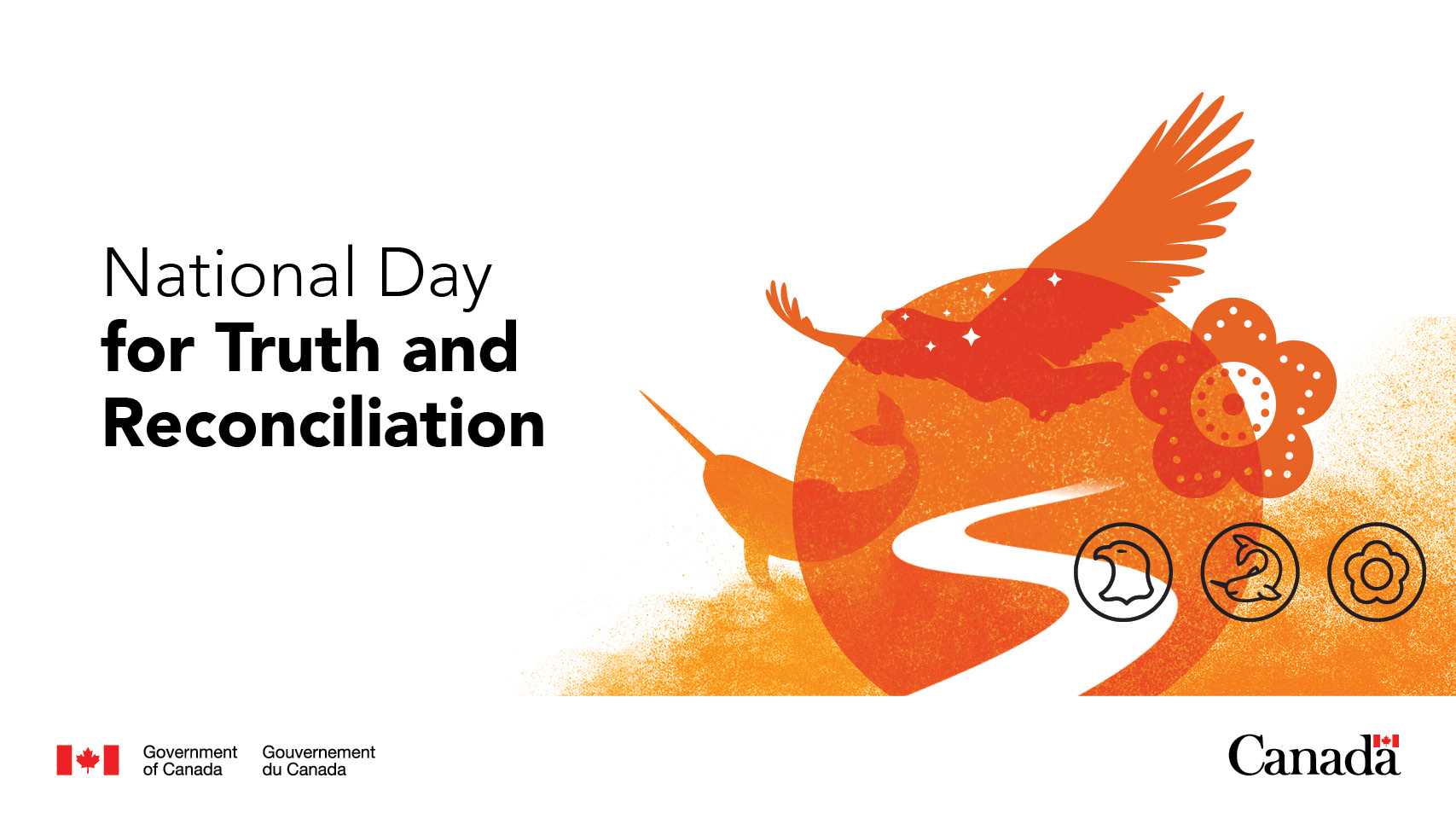Working with Indigenous Communities to provide accessible addiction treatment across Canada
Working with Indigenous Communities to provide accessible addiction treatment across Canada
September 30th is the National Day for Truth and Reconciliation—an annual day to acknowledge the tragic legacy of residential schools in Canada, as well as the need for ongoing work to address the persisting impact of colonialism on Indigenous communities. Also referred to as Orange Shirt Day, an Indigenous-led commemorative event with the message that “Every Child Matters”, Truth and Reconciliation is an important reminder that the harm caused by the residential school system runs deeply and across generations.
Putting Truth and Reconciliation into practice through respectful collaborative partnerships with Indigenous communities
At CATC, we are deeply committed to respectful collaboration with Indigenous communities, working with them to provide culturally-appropriate care that meets their needs and honours their stories. We are fostering productive relationships with Indigenous groups across the country, and working with government to make evidence-based treatment more accessible in rural and remote regions. We’re also providing lifesaving harm reduction and treatment services in densely populated urban centres with large Indigenous populations. In all cases, we’re continuously striving to improve our service delivery to Indigenous patients, helping them reach their recovery goals with dignity and respect.
Data shows that today, Indigenous Peoples in Canada are at significantly higher risk of overdose than other community members, underscoring the need for Truth and Reconciliation.
How you can take action
There are several simple yet meaningful things you can do to acknowledge and support Truth and Reconciliation.
1. Learn the facts about the history and ongoing harm caused by residential schools in Canada. The Government of Canada and Orange Shirt Society websites are a great place to start.
2. Learn which traditional territory/territories you live and work on. There are various websites you can reference or, better yet, speak to an Indigenous-led organization or person directly. Remember to approach the conversation with humility, respect and a “listen first, talk second” intention.
3. Join the conversation. Follow #NDTR, #TruthAndReconciliation, #OrangeShirtDay, #EveryChildMatters to connect with others and learn more about diverse Indigenous cultures, intergenerational trauma and other important topics.
Truth and Reconciliation Day is about learning, listening and action. Whichever way you engage with these important topics this year, remember that the work is difficult and ongoing. We all have a role to play in the process, however small it may seem.
